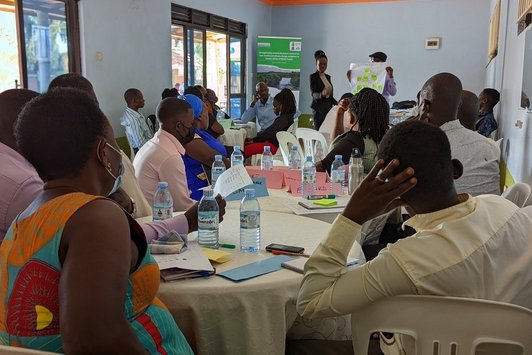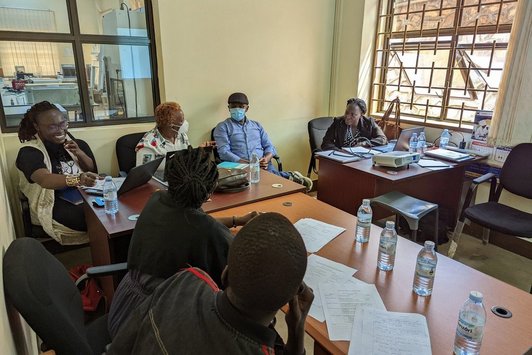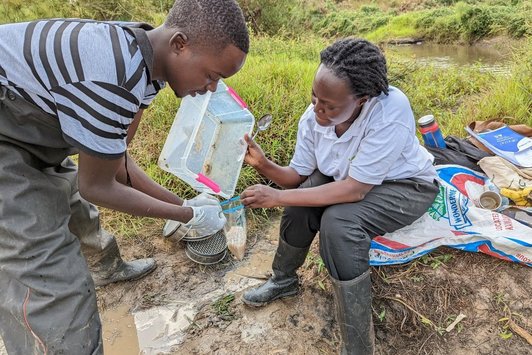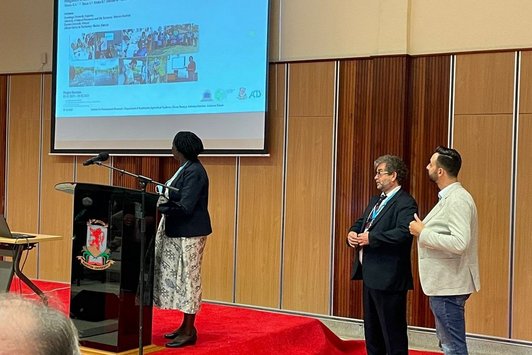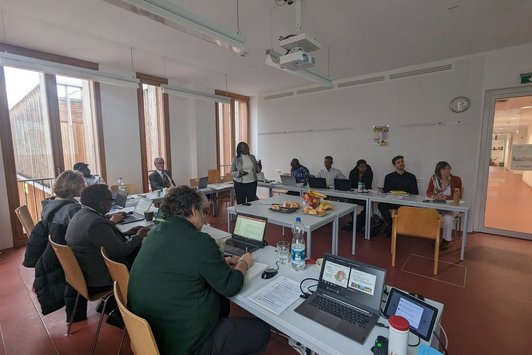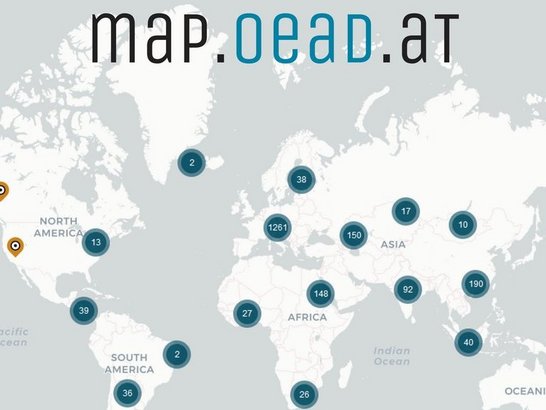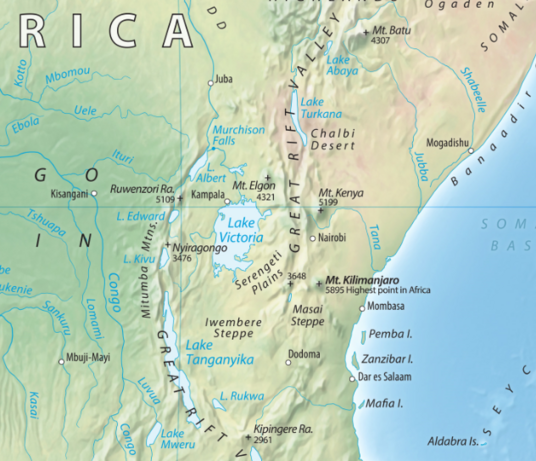
Project completed: P012_Uganda_Kenya

Strengthening community-based research for river health and climate change mitigation in Eastern Africa
Cooperating countries: Uganda, Kenya and Austria
Coordinating institution: Kyambogo University, Dr. Grace Asiyo SSanyu, assanyu@kyu.ac.ug
Partner institutions: University of Natural Resources and Life Sciences Vienna, African Centre for Technology Studies (ACTS) Kenya, Egerton University Kenya
Project duration: 1 July 2021 - 30 June 2023
Budget: EUR 38.200
Abstract:
Many cities and towns in Africa rely on streams and rivers for water supply. However, the water quality of these ecosystems is often jeopardized by pollution from point and non-point effluents from industries and agricultural land, and climate change effects. At the same time, water quality monitoring of these ecosystems have been limited to physical and chemical indicator models, which has been considered as short term, and highly variable to be used as evidence for management. One solution is community based monitoring models that provide long term water quality status indication, based on the variable response of animal communities to river habitat disturbance and climate change. These models are however not widely considered or applied. This presents the potential to develop measures for monitoring and management of rivers which is efficient, sustainable and effective by both local communities and water supply agencies. Therefore, this research will conceptualize the East African river ecosystems using conceptual cause effect models (Social Simulation and DPSIR) to analyse interactions between biological, abiotic, social and governance indicators. Have research based training using regional rivers as case studies, through which development of size-based model of the sensitivity of soft sediment benthic communities to river habitat disturbance and flooding regimes (climate change effect), identification of suitable water quality areas and community user friendly pictorial model for water quality monitoring will also be done. Approaches and scientific results from East African countries will be compared to prioritize research questions for a better grounding for sufficient UN SDG indicators.
